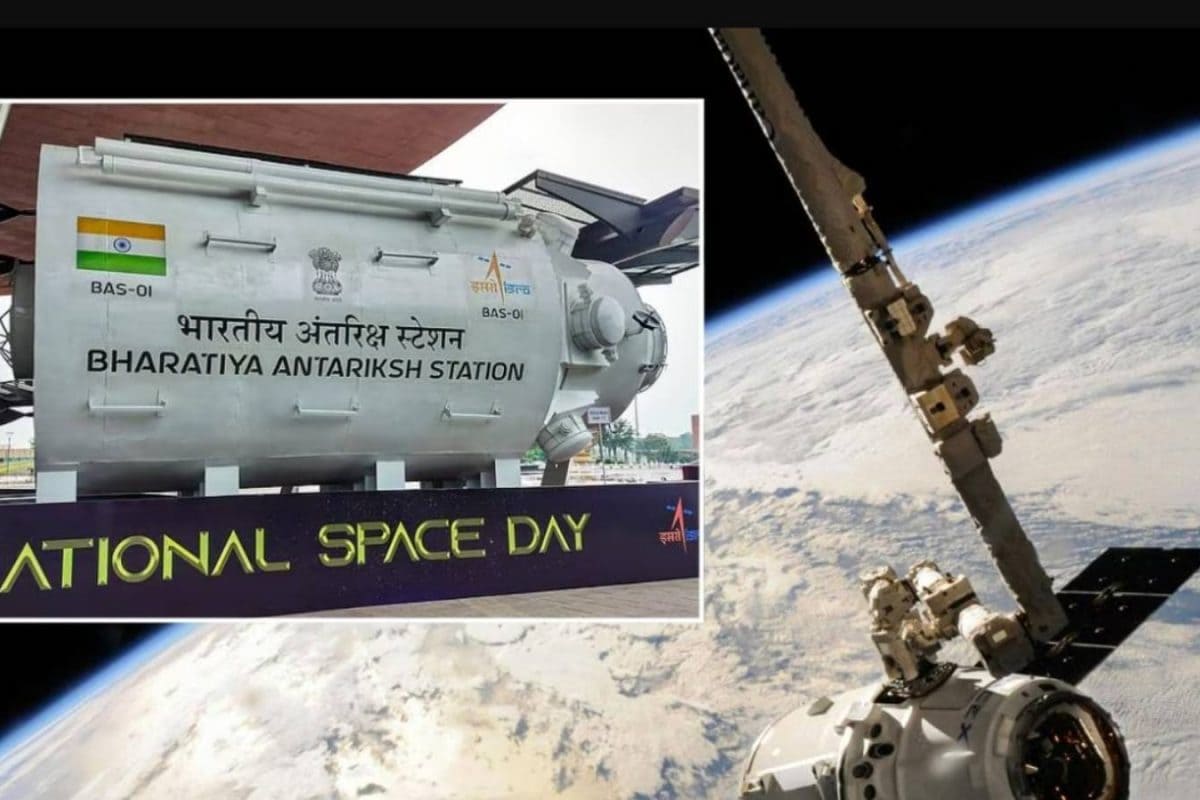Today, August 23, 2025, India celebrates National Space Day, commemorating the second anniversary of the Chandrayaan-3 mission's successful soft landing on the Moon's south pole. This achievement propelled India into the ranks of leading spacefaring nations, and ISRO continues to build on this success with a series of ambitious missions. The theme for this year's National Space Day is "Aryabhatta to Gaganyaan: Ancient Wisdom to Infinite Possibilities," highlighting the connection between India's rich astronomical heritage and its future in space exploration.
ISRO's upcoming missions demonstrate its commitment to advancing space technology and exploration. Several high-profile missions are planned between May and July 2025, focusing on Earth observation, human spaceflight preparedness, and international collaboration.
Key Missions on the Horizon:
- NASA-ISRO Synthetic Aperture Radar (NISAR): Launched on July 30, 2025, NISAR represents the first joint Earth observation project between India and the United States. This satellite, equipped with dual-frequency radar payloads, will capture high-resolution, all-weather, day-and-night images of Earth's surface every 12 days. The data will be used for global environmental monitoring, tracking seismic activity, ice sheet movement, and shoreline changes.
- Gaganyaan Programme: India's human spaceflight program is a major focus, with the first uncrewed test mission expected to launch soon. The Gaganyaan-1 mission, an uncrewed test flight, is scheduled for Q4 2025. This mission will involve the Vyommitra humanoid robot. The aim is to send Indian astronauts into Low Earth Orbit by early 2027 using ISRO's LVM3 launch vehicle. Four Indian Air Force officers have been selected as astronaut-designates and are undergoing extensive training.
- Axiom Mission 4 (Ax-4): Group Captain Shubhanshu Shukla became the first Indian to visit the International Space Station (ISS) as part of Axiom Mission 4 (Ax-4). Launched on June 25 and returned on July 15, Shukla spent 18 days on the ISS, conducting experiments in microgravity, marking a significant step for India's human spaceflight program.
Future Exploration and Development:
- Chandrayaan-4 and 5: Following the success of Chandrayaan-3, ISRO is preparing for Chandrayaan-4, which will attempt a complex lunar sample return mission using dual launches and in-space docking. Chandrayaan-5, a joint mission with Japan, is also in the works to expand lunar surface science.
- Venus Orbiter Mission: ISRO has plans for a mission to Venus.
- Bharatiya Antariksh Station (BAS): India aims to establish its own space station, BAS, by 2035. The first module is scheduled for launch by 2028.
- Next Generation Launch Vehicles (NGLVs): ISRO is developing NGLVs with a payload capacity of up to 30,000 kg to Low Earth Orbit. These vehicles will feature reusable first stages, improving cost-efficiency and increasing launch frequency.
- Debris-Free Space Missions (DFSM): India is committed to sustainable space operations with the DFSM initiative, aiming for 99% post-mission disposal success by 2030.
International and Commercial Partnerships:
ISRO continues to foster international collaborations, including the LUPEX mission with Japan to explore the lunar south pole and the TRISHNA satellite developed with France to monitor Earth's temperature and water cycles. Commercial partnerships are also expanding, with companies like SpaceX's Starlink receiving approval to offer satellite internet services in India.
Empowering the Private Sector:
The liberalization of foreign direct investment (FDI) and policy support under the India Space Policy 2023 have encouraged private sector innovation and participation. Over 328 startups are now active in the Indian space sector, contributing to areas like satellite manufacturing and propulsion. ISRO plans to launch over 100 satellites in the next 15 years, in addition to science missions. These launches include earth-observation satellites, technology demonstration missions, and communication and navigation satellites.
India's space program is poised for continued growth and success, driven by ambitious missions, technological advancements, and strong partnerships. As Prime Minister Modi stated, achieving milestones in the space sector has become a defining characteristic of India and its scientists.

